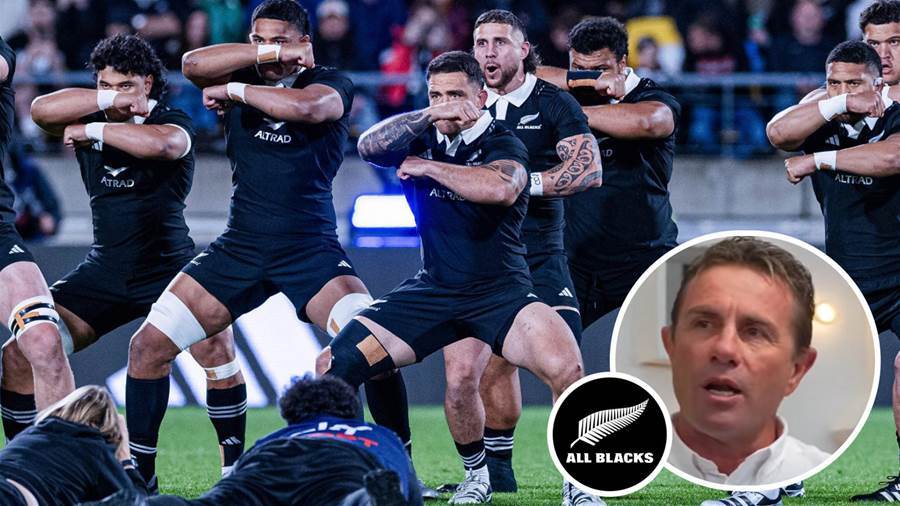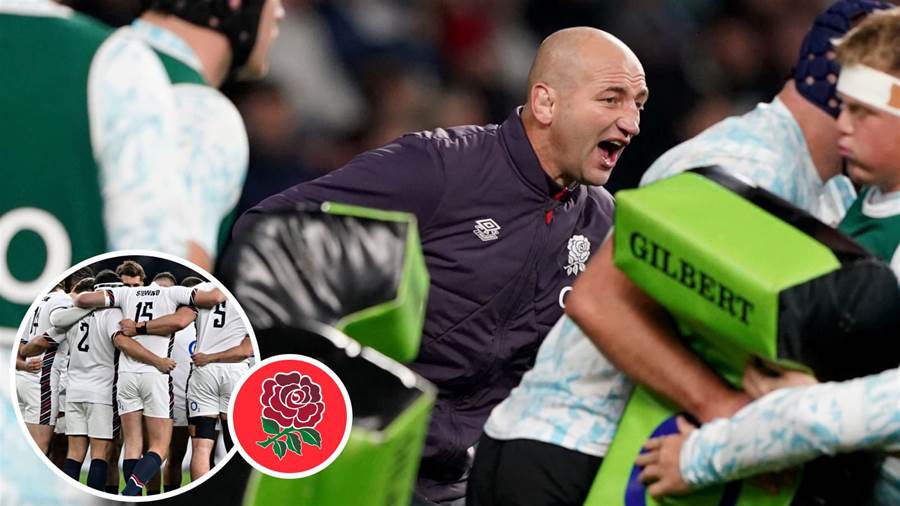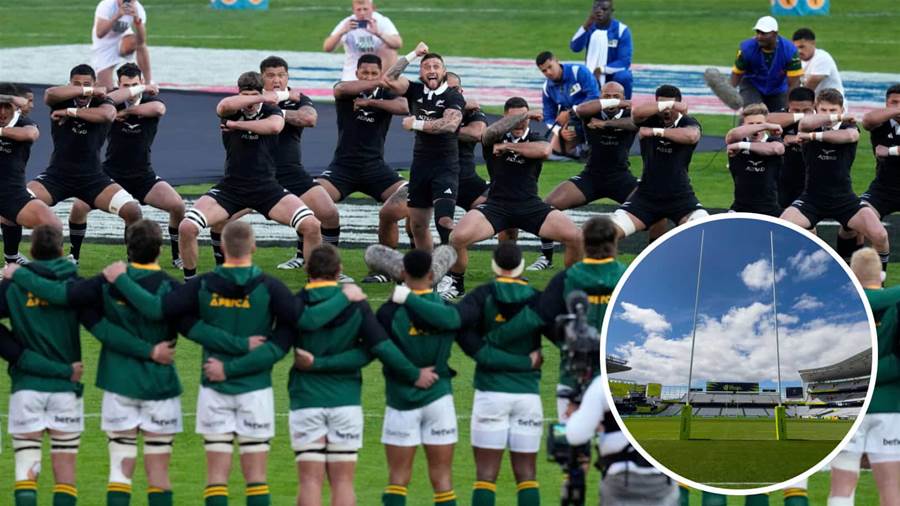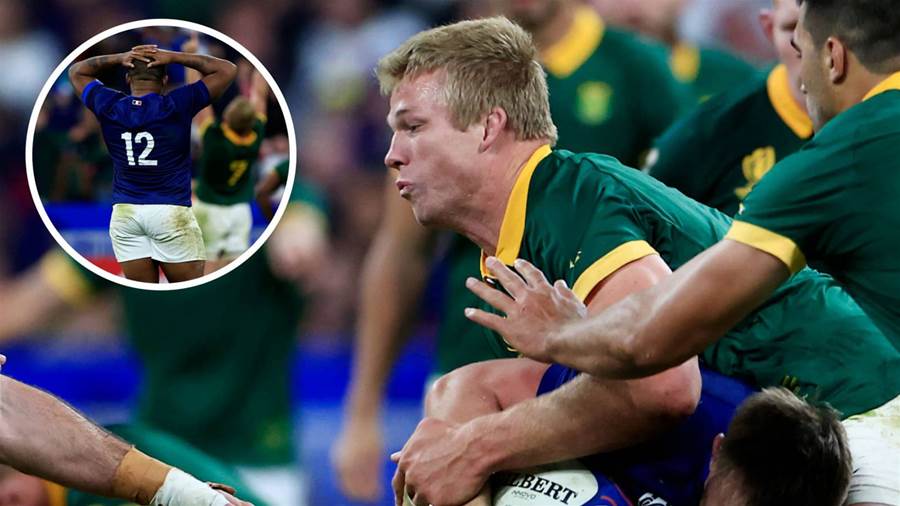
Rugby fans are no strangers to intense debates, but the recent rise of the Springboks’ "Bomb Squad" tactic has ignited a firestorm. This 7-1 bench split has taken the world by storm, with fans and pundits questioning if it’s a game-changing strategy or a controversial approach that might ultimately skew the balance of the sport. Now, after a deep dive into the science behind it, World Rugby has made its stance clear. Despite the criticism, they’re not pulling the plug on the tactic.
But what’s the real reason behind this bold decision? Let’s take a closer look.

The 7-1 bench split is a tactic where a team’s bench is made up predominantly of forwards—seven of them, to be exact, with only one back. The goal? To bring fresh, powerful forwards into the game during the final 20-30 minutes, ensuring that tired opponents are overwhelmed by sheer physicality.
This tactic has paid dividends for the Springboks, giving them a significant advantage in the later stages of matches where strength and stamina often dictate the outcome.
But why has this tactic stirred so much controversy? It’s a question of whether rugby is becoming too focused on power and physical domination, leaving less space for the fast-paced, tactical play that defines the sport. As World Rugby assesses the situation, many are asking whether this is the future of rugby, or if it’s a temporary tactical craze.
The article is not finished. Click on the next page to continue.
The article is not finished. Click on the next page to continue.
Next page


















